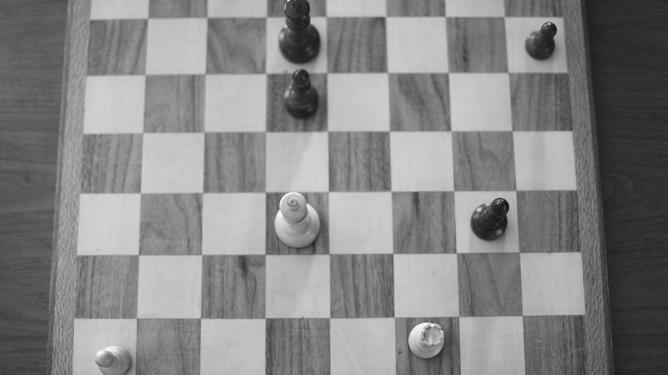Mastering Chess Endgames: The Key to Victory

Introduction:
Chess endgames, the final stage of a chess game with a few pieces remaining on the board, are often considered the ultimate test of a player’s skill, patience, and foresight. It is in the endgame where small advantages can be transformed into decisive victories or saved from the clutches of defeat. In this article, we delve into the intricacies of chess endgames, exploring their importance, common principles, and essential techniques that will empower you to navigate these critical moments with confidence.
1. Understanding the Significance:
Endgames are of paramount importance in chess, as they directly determine the outcome of the game. While the opening and middlegame lay the foundation, it is in the endgame where the true battles are fought. Mastering endgame techniques allows players to convert advantages, exploit weaknesses, defend stubbornly, or stage miraculous comebacks. Recognizing the significance of the endgame encourages players to dedicate time and effort to this crucial phase of the game.
2. King and Pawn Endgames:
King and pawn endgames form the backbone of many endgame scenarios. Understanding the fundamental concepts and principles in these positions is essential. Key ideas such as opposition, zugzwang, and the square rule come into play. Learning to promote a pawn with precise calculation and understanding when to create passed pawns are crucial skills that can turn the tide in your favor.
3. Rook Endgames:
Rook endgames are characterized by the maneuvering of rooks and pawns. Centralizing the rook, utilizing open files, and activating the king are vital strategies. Knowing when to exchange rooks, how to create mating nets, and the principles of pawn structure evaluation are invaluable in achieving favorable outcomes. Additionally, studying famous rook endgames from classical games can provide inspiration and insight into effective strategies.
4. Minor Piece Endgames:
Minor piece endgames, involving knights and bishops, demand a keen understanding of their unique abilities. Knowing how to exploit the strengths of each piece and neutralize their weaknesses is key. Bishop endgames often revolve around color complexes, where the pawn structure determines the bishop’s influence. Knight endgames, on the other hand, require precise calculation and understanding of knight outposts and square domination.
5. Queen Endgames:
Queen endgames are rare but can occur when most other pieces are exchanged. These complex and dynamic positions require careful evaluation and calculation. Skillfully coordinating the queen with the king, exploiting tactical opportunities, and understanding the power of passed pawns are crucial for success. Developing a solid intuition for queen endgames often comes from practice and analyzing instructive examples.
6. Practical Endgame Techniques:
Apart from specific piece combinations, certain general techniques can prove invaluable in various endgame scenarios. These techniques include creating mating nets, mastering the art of piece coordination, utilizing breakthrough moves, and understanding the importance of tempo and timing. These practical skills can help you seize the initiative, defend tenaciously, or outmaneuver your opponent in critical moments.
7. Study and Analysis:
Studying classic endgame examples, renowned endgame studies, and solving endgame puzzles is an excellent way to enhance your understanding and sharpen your skills. Learning from the games of legendary players, such as Capablanca, Fischer, and Karpov, can provide valuable insights into practical endgame play. Online databases, chess books, and instructional videos are treasure troves of knowledge that can assist you in honing your endgame expertise.
Conclusion:
In conclusion, by recognizing the importance of chess endgames and dedicating time and effort to studying and practicing endgame techniques, players can enhance their overall game and approach each endgame phase with confidence and skill. A strong foundation in endgames is a prerequisite for becoming a well-rounded and formidable chess player.